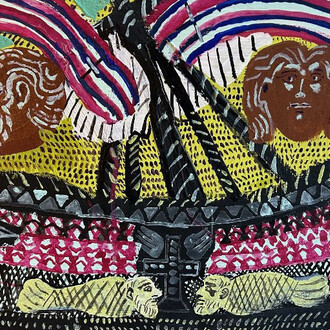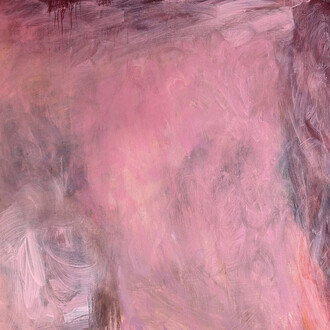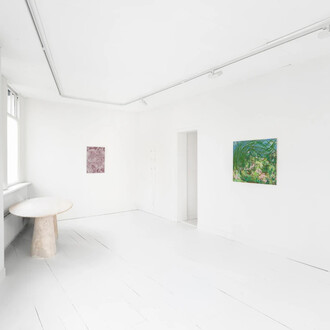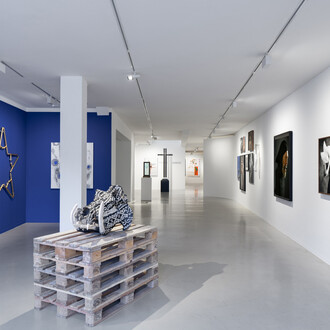The production of art in Germany today is defined by various forms of collaboration between artists from all over the world and by an intellectual and cultural climate that is profoundly international.
Susanne Gaensheimer therefore intends to continue her critical examination of the meaning of traditional forms of “national representation” in “national pavilions” in the German Pavilion at this year’s Venice Biennale. Proposing that the nationally defined format be treated as an open concept and that Germany be understood not as a hermetic entity but as an active participant in a complex, worldwide network, she invited four artists of international renown from four different countries to contribute: Romuald Karmakar, Santu Mofokeng, Dayanita Singh, Ai Weiwei.
At the initiative of the French and German foreign offices, this year’s German Pavilion is to be housed in the French Pavilion, and vice versa. What these four artists have in common is that in their works – which vary greatly in terms of form and focus – they challenge the notion of the unambiguous biography and of the specific national or cultural identity. They also explore the dissolution of particular concepts of identity precipitated by modernization and the globalization of their respective realities.
Romuald Karmakar has been producing works that grapple with German history, German themes, and German identity for almost three decades. In his films he shows that political ideologizing is no longer contained within national boundaries but has become a pan-European, even a global, process.
Dayanita Singh’s iconography is shaped by a way of life in which India’s social and familial traditions collide with the contingencies of modern life. The photographer’s travels all over the world and itinerant existence have influenced her life and work more profoundly than ties to her native Delhi ever did.
Santu Mofokeng’s photographic series created especially for Venice also reveals how transnational developments, cultural traditions, and personal destinies can clash head on. His photographs show how the restrictive reality of life under apartheid also influenced the spiritual identity of black South Africans and how trauma and memory are now inscribed in the landscape itself. The loss of cultural identity caused by the Cultural Revolution and transformation of Chinese society brought about by breakneck modernization are central themes in the work of Ai Weiwei.
All four artists have created new works specifically for this occasion and these will be unveiled at the opening of the German Pavilion.
Christine Macel, curator of the French pavilion and Chief Curator of the Musée National d’Art Moderne – Centre Pompidou, Paris, and Anri Sala, the artist representing France, as well as Susanne Gaensheimer, the curator of the German pavilion and Director of the MMK Museum für Moderne Kunst Frankfurt am Main, and the artists whom she has invited, Ai Weiwei, Romuald Karmakar, Santu Mofokeng, and Dayanita Singh, have decided to exchange the German and French Pavilions for the 55th International Art Exhibition - La Biennale Venezia.
At the beginning of this year the foreign ministers of France and Germany suggested exchanging the two countries’ pavilions for the 55th International Art Exhibition - La Biennale Venezia in 2013. This idea has been repeatedly discussed over the past ten years, and in 2012 the curators and the artists decided to jointly discuss the possibility. After very constructive conversations and numerous tours of each pavilion in Venice, all parties agreed to the suggestion.
A fundamental consideration was the current working reality of the art world, in which international cooperation and communication has become a matter of course—an art world in which the dialogue between cultural spheres has much greater influence than the impermeability of national borders. These transnational everyday realities demonstrate to what extent the contemporary art world gathers European cultures together in a large, international network. The curators and the artists feel indebted to the notion of a shared European culture within the larger framework of the global cultural community.
The German contribution is being commissioned by the Foreign Office of the Federal Republic of Germany and will be realized in cooperation with the Institut für Auslandsbeziehungen (ifa).
Giardini della Biennale
Viale dei Giardini Pubblici
Venice 30122 Italy
www.deutscher-pavillon.org














